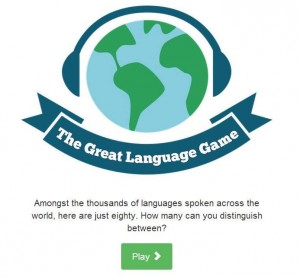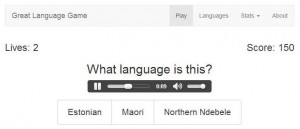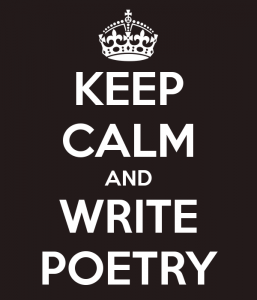This is a guest post by Oli Rainford.
When explaining one of the major decisions of your life there’s often a temptation to glamorize the reasoning behind your choice, perhaps to imply that your past-self predicted the future importance of such a decision with weapons-grade foresight, so with that in mind,
Why did I choose to study Linguistics?
Maybe I had a revelation, some dream-borne epiphany that showered me in a ‘greater-meaning’.
Alternatively, perhaps whilst trekking in a land far-away, I was overcome by the languages around me, the beauty of the experience filling me with an inexplainable emotion that required I find out what a ‘wug’ is immediately.
Or, in a series of events that could rival the Lion King, perhaps a recently deceased relative appeared to me in the clouds with a cracking philosophical one-liner like ‘words are at the heart of all’, leading me on a quest to find out what that really means.
Are these the reasons I chose to study linguistics? Well, rather boringly, no.
I slept epiphany-less, like most teenagers, in my room at my parents’ house, both of whom are alive and well and live in Sussex, not somewhere renowned for its linguistic diversity or gap-year mystique. I spent my days doing what everyone else did, going to class and preparing for what was sold to us as ‘the most important part of our lives so far’, unburdened by anything that even vaguely resembled a higher calling.
That being said I did find things interesting, a lot of things actually; the run up to that year’s UCAS deadline saw me mull over numerous university courses. Human Geography, Toxicology, Journalism, Anatomy, Philosophy; all ideas I considered spending 3 years of my life on. I reached Linguistics about two weeks before UCAS forms were due to be submitted, and whilst on the one hand it may have seemed like the 6th subject to come to mind, and thus probably not a solid choice, there was something that set it apart from my other considerations.
I found all my other possibilities interesting, fascinating in a lot of cases. Take Toxicology as an example: did you know the chemical that makes poison ivy toxic is part of a group of chemicals also found in mangoes? Meaning that if you are allergic to mango, there’s a very high chance that poison ivy would do far more than leave you with a rash. Now, to me that is fascinating, but I totally appreciate that anybody else would find it uninteresting at the best of times, utterly tedious at the worst.
With Linguistics, however, it was different. Looking into course guides and suggested reading lists I was engrossed in what I found, discovering an enthusiasm that I hadn’t had for an academic subject in years, and the more I read the more I struggled to believe that anybody could find the study of language boring. At the time, had you asked why I chose linguistics, I probably would’ve supplied that as my answer, and if asked why I was so interested I probably would’ve answered something along the lines of, ‘I don’t know, I just am’.
As it turns out I did have reason for picking it, but as with most major life decisions, back then it was simply a strong gut feeling, one that I couldn’t put into words. However, 4 years later and armed with the gift of retrospect, I think I can articulate what it was that caused me to choose linguistics, and it didn’t come from a textbook or a lecture. It came from when I sat down and spoke to people about language.
Everybody has a view on language, an intuitive understanding built on a life of practice, and it was whilst observing this I discovered how revealing linguistics can be. When people sit and talk with you about any aspect of their language, it’s nearly always accompanied with personal experience, and more often than not those experiences aren’t grand or steeped in a deeper meaning, they’re about everyday life; bog-standard, boring, wonderful everyday life.
Because at the end of the day, the study of language is the study of something beautifully human; something so stupendously impressive yet so familiar and common at the same time. In Linguistics, no matter how complex a model becomes, or how deeply debated a question remains, the fact will always stand that that which we model and debate over is what allows us to model and debate in the first place. Language is such a part of humanity that now, having graduated, I firmly believe that to study it is to take a step towards understanding what it means to be a human, a bog-standard, boring, wonderful human.
To see the beauty in the everyday, the spectacular behind the boring, the innermost workings of the outermost nothings.
That is why I chose to study linguistics.

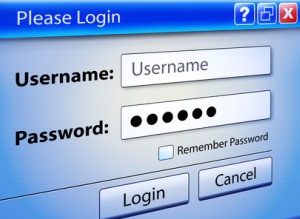

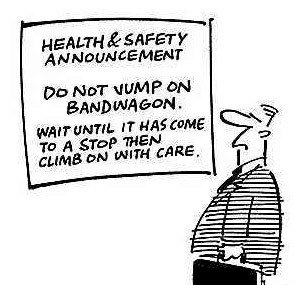




![Love_point[1]](http://blogs.kent.ac.uk/thedefinitearticle/files/2015/02/Love_point1.jpg)
![Acclamation_point[1]](http://blogs.kent.ac.uk/thedefinitearticle/files/2015/02/Acclamation_point1.png)


![Certitude_point[1]](http://blogs.kent.ac.uk/thedefinitearticle/files/2015/02/Certitude_point1.png)




